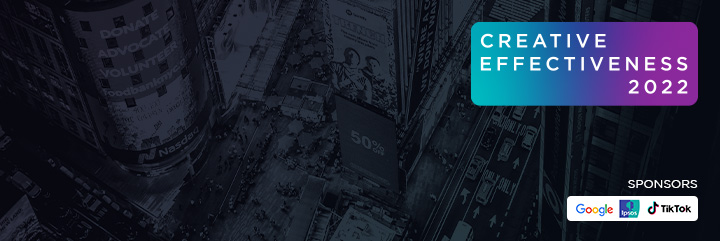- Past Event Highlights
- Article
Evidence-Based Research for Effective Marketing
On November 9, 2022, industry leaders joined us to share highlights from EffWorks Global 2022 — a week-long celebration of the best new thinking and evidence-based decision-making research for marketing effectiveness. Topics of discussion included: marketing in the post-Covid economy, effective advertising in unprecedented times, the value of Share of Voice/Share of Attention/Share of Search in terms of effectiveness and commercial decision making, and more.
Member Only Access





